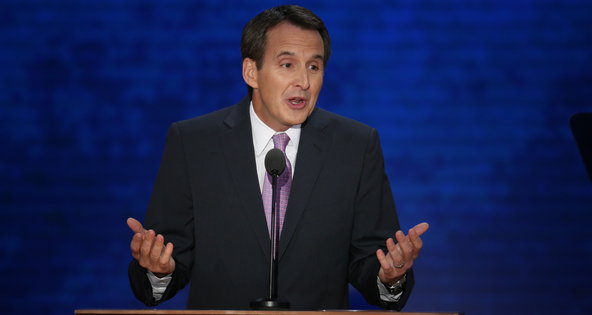HONG KONG — Manufacturing output in China has been contracting worse than economists expected in June, a closely watched survey showed on Thursday, challenging Beijing’s stated goal of driving growth through economic overhauls rather than resorting to more more lending to stimulate the economy.
A preliminary survey of purchasing managers for the month of June showed that output in China has fallen to its lowest levels in nine months, as manufacturers cut back production at a faster pace in response to slack demand both at home and overseas.
The preliminary Purchasing Managers’ Index, or P.M.I., published by HSBC and compiled by Markit, dropped to 48.3 points as of the first three weeks of June, its lowest level since last September and down markedly from 49.2 in May. A reading above 50 indicates growth, and anything below that level signals contraction.
“Manufacturing sectors are weighed down by deteriorating external demand, moderating domestic demand and rising destocking pressures,” Qu Hongbin, HSBC’s chief economist for China, said in a statement accompanying the survey results.
“Beijing prefers to use reforms rather than stimulus to sustain growth,” Mr. Qu said. “While reforms can boost long-term growth prospects, they will have a limited impact in the short term.”
Markets fell Thursday on news of the survey data. In Hong Kong, a subindex of shares in mainland Chinese companies was down more than 3 percent at noon — outpacing declines on the broader Hang Seng index, which had fallen 2.5 percent and was one of the worst performers in the Asia-Pacific region.
China’s slowing economy is posing a challenge for Prime Minister Li Keqiang, who took office in March and has said he plans overhauls targeting sustainable growth — as opposed to relying on loose credit from statecontrolled banks, which helped the country rebound strongly in the years since the 2008 financial crisis.
Data released earlier this month showed that China’s economic performance had worsened in May, with industrial production dropping to its lowest growth rate since last September, imports and fixed-asset investment having their weakest growth since last August, and producer prices continuing to accelerate downward, having declined every month for 15 months in a row.
On Wednesday, economists at HSBC joined counterparts at several other banks in slashing their growth forecasts for the Chinese economy this year. HSBC said it now expected gross domestic product to expand 7.4 percent in 2013, down from a previous forecast of 8.2 percent.
Such downgrades raise the risk that China’s growth could fall short of the government’s official target of 7.5 percent growth this year.
Louis Kuijs, an economist at Royal Bank of Scotland and former China economist at the World Bank, wrote Thursday in a research note that Beijing’s response to the new preliminary P.M.I. survey was unlikely to be dramatic.
“Policy makers would want to see this weakness confirmed by the official P.M.I. and hard activity data before making bold decisions,” Mr. Kuijs said. “Nonetheless, this kind of data will test the resolve of the government to maintain its current relatively firm macro policy stance.”

Article source: http://www.nytimes.com/2013/06/21/business/global/china-manufacturing-contracts-to-lowest-level-in-9-months.html?partner=rss&emc=rss

